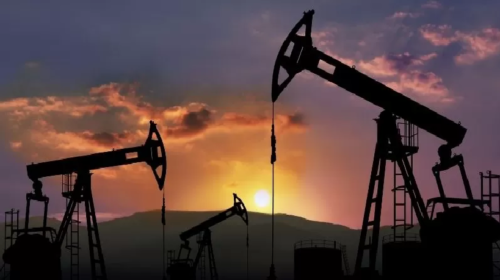Oil demand growth is set to accelerate next year, with global demand averaging a record 101.6 million barrels per day (bpd) and exceeding pre-COVID levels, the International Energy Agency (IEA) said on Wednesday in its first outlook for 2023.
“While higher prices and a weaker economic outlook are moderating consumption increases, a resurgent China will drive gains next year, with growth accelerating from 1.8 mb/d in 2022 to 2.2 mb/d in 2023,” the IEA said in its closely-watched Oil Market Report for June published today.
Next year, global oil supply may struggle to catch up with demand, the agency said, as sanctions on Russia would curtail more supply when they officially enter into force at the end of this year.
“Global oil supply may struggle to keep pace with demand next year, as tighter sanctions force Russia to shut in more wells and a number of producers bump up against capacity constraints,” the IEA said.
Supply from non-OPEC+ producers will lead output increases through the end of next year, while OPEC+ supply could drop with full-force embargoes on Russian oil in the West and producers outside the Middle East struggling to increase production, according to the agency.
OPEC+ is set to unwind all the record cuts it made at the start of the pandemic, but this will erode the spare capacity cushion globally, the IEA noted.
Refining capacity—which has dropped by some 3 million bpd since COVID—is expected to rise by 1 million bpd this year and 1.6 million bpd next year, per the agency’s estimates.
“Nevertheless, product markets are expected to remain tight, with a particular concern for diesel and kerosene supplies,” said the IEA.
“OECD industry stocks of middle distillates have fallen by 25% since January 2021 to their lowest levels since 2004. That very limited cushion is driving middle distillates prices to record highs, with a knock on effect for other products which could cause more pain at the pump just as pent-up demand is unleashed during the peak driving and summer cooling season,” the agency added.






